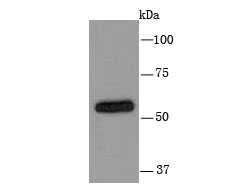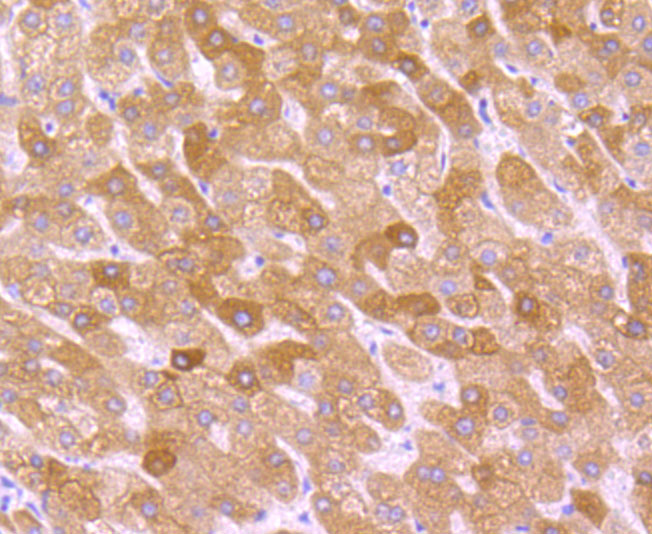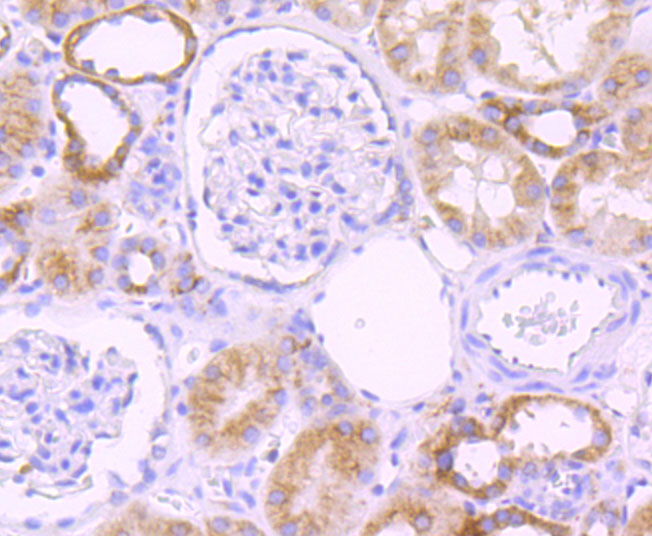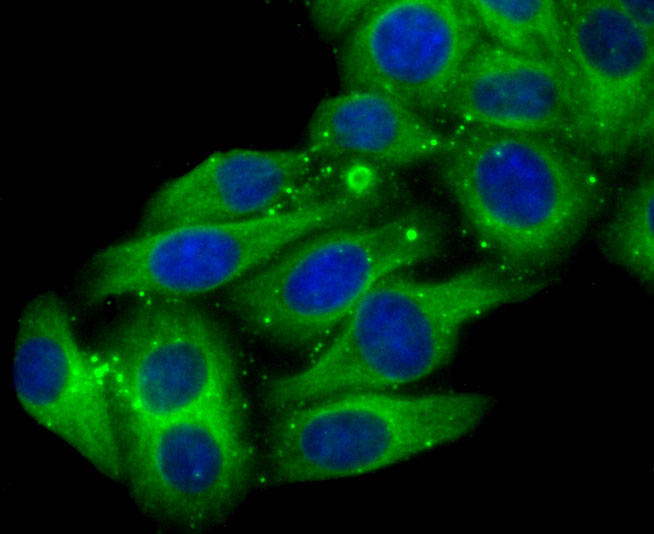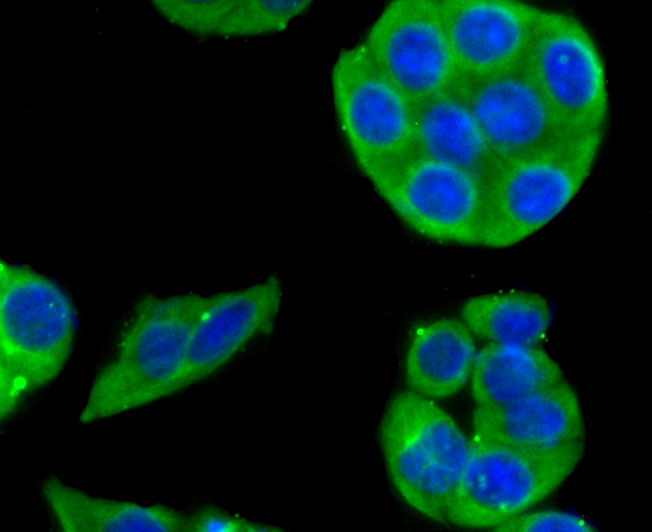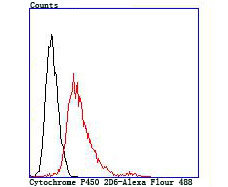The P450II family comprises at least five subfamilies, designated A through E by the system of nomenclature recommended by an international committee. The P450IID subfamily comprises at least two genes in the rat, one of which is highly specific for debrisoquine 4-hydroxylase activity. An association of this gene with lung cancer has been found. Enhanced CYP2D6 activity has been related to malignancies of the bladder, liver, pharynx and stomach, and especially to cigarette-smoking-induced lung cancer. The data suggests that enhanced CYP2D6-mediated metabolism of one or more dietary and other environmental agents, to form a reactive intermediate, plays a role in cancer initiation and/or promotion in various tissues. CYP2D6 polymorphism, which is responsible for the variation in metabolism of debrisoquine 4-hydroxylase, is important in the metabolism of more than 30 drugs and environmental chemicals, including as much as 20% of all commonly prescribed drugs. The gene which encodes CYP2D6 maps to human chromosome 22q13.1.

